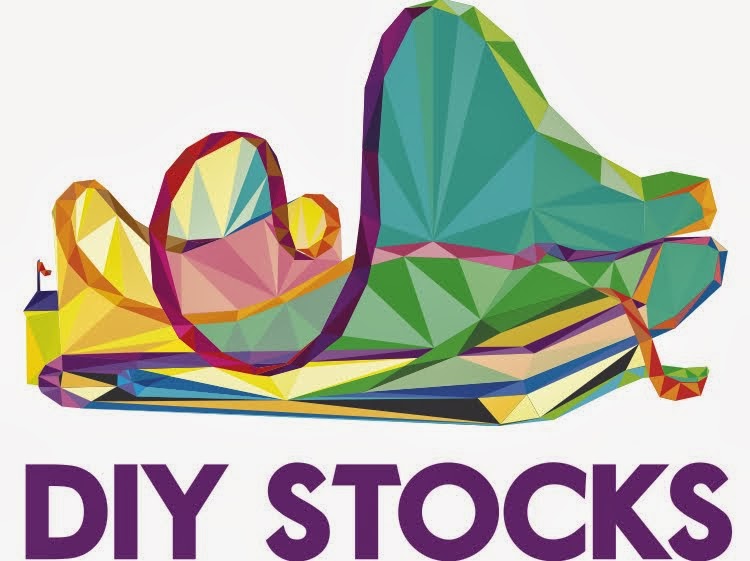Here's the stock chart for Caterpillar over the last year:
Not so pretty, is it? Bank of America/Merrill Lynch has it rated neutral. Morningstar has it at a hold and S&P downgraded the stock last January. Nobody is all that excited about this dowdy staple of American manufacturing.
And yet - I am in love. I already own some shares (at a profit - I'm a long-term hold kind of gal). And just now I added to my position. The company thinks their stock is trading at ridiculously low prices, that it's the best thing they can do with their cash, and continues to buy-in their own shares to the tune of over $10 billion worth in the last five years. (Fewer shares outstanding mean more earnings per share for the ones that remain.)
Here's what's happened to their dividend recently:
2012: $2.02
2013: $2.32
2014: $2.70
2015: $3.45
2016: $3.97 (projected)
The current dividend yield is just under 4%. (What are you earning on your money market fund lately?)
The reason the stock is down? The global economy is in the midst of a depression. Not just China, but Latin America as well (Caterpillar's business has declined in Latin America by 50%.) But economic downturns do not last forever and the global picture will eventually recover.
In the meantime, buy this American beauty, reinvest the dividends to purchase more shares and put the position on automatic pilot. The way to make big money in the stock market is not to buy the stocks where everybody already has a "buy" rating. Upside surprises happen when investment professionals have forgotten good companies and then suddenly, out of nowhere, every Tom, Dick, and Merrill Lynch upgrades their opinions at the same time shouting all together, "Buy," "Buy," "Buy."


